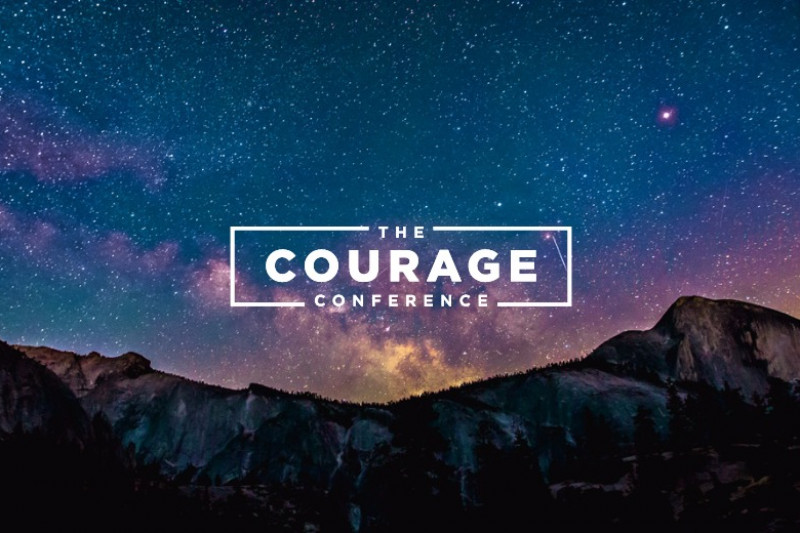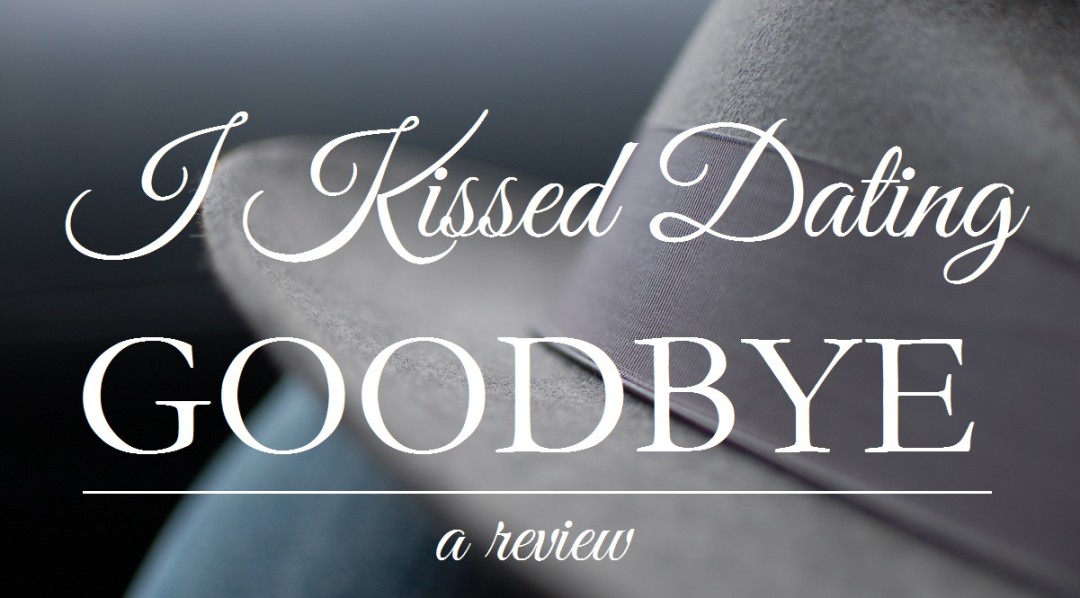“The Direction of Purity” &
“A Cleansed Past: The Room”
The bulk of chapter seven is dedicated to a concept I disagree with: any sex outside of monogamous marriage is a sin. I’ve laid out an argument for why I think sex that causes I or someone else harm should be our standard, starting here, but I am aware that my argument is not the only way to interpret the New Testament passages regarding porneia, usually translated “fornication” or “sexual immorality.” While I feel that my argument is sound, it does reflect a hermenuetic that conflicts with a more conservative understanding of the Bible and Christianity. I asked why NT writers would condemn porneia, and then based my position on the answer to that question. However, if your answer is “because God preserved penetrative intercourse for marriage,” then obviously you’ll end up in a far different place.
Personally, I feel people like Joshua aren’t taking a holistic approach to the Bible when they make arguments like “God preserved sex for marriage.” That narrow view comes out like this:
God guards [physical intimacy] carefully and places many stipulations on it because He considers it extremely precious. (94)
The only “stipulation” that (according to conservative evangelicals) God places on sex in the New Testament is “don’t have it unless you’re married,” so it seems logical to assume that when Joshua refers to “many stipulations” he’s referring to the Law. Unfortunately, the Law includes such “stipulations” as a woman being required to marry her rapist. I don’t think it’s possible to argue that a woman being forced to spend her life with the man who raped her represents sex inside marriage being precious.
However, I’m not the only Christian in the world and I believe one can make a “biblical” argument for saving sex for marriage, so I’m not going to fully address his argument. Instead, I’ll point out where I think he went wrong.
***
This chapter sees Joshua using The Quintessential Example of A Good Man Gone Wrong: and if you guessed “David,” you’d be right. As is typical, he talks about David and Bathsheba as if they had a consensual affair. There are so many reasons that interpretation is disastrously wrong– David raped Bathsheba, David is a rapist— but I think it’s important to highlight something else.
When men like Joshua talk about David and Bathsheba, they’re using David as an example of what could, theoretically, happen to anyone. You stay home from the battlefield. You indulge. You see a naked woman, and then you choose not to look away. You decide you want to sleep with her, and you figure out how to do it. You plan. And then you cover it up.
The problem with this narrative is that this is not a story about a man plotting out his affair. It’s about a man who decides he’s going to abuse his power and rape a woman. Every time this goes unacknowledged, these men inculcate rape culture in their congregations just a little bit more. They entrench, just a bit more deeply, the idea that they can kidnap a woman in the middle of the night and force themselves on her and that’s not rape. This is a total erasure of what consent is and what it looks like.
This is important because rapists are not monsters. They’re normal, everyday people. They’re our friends, our parents, our siblings, our pastors, our co-workers. They buy you coffee, they open doors for you, they preach messages about self-sacrifice and loving your neighbor … and they are rapists not because they’re so different from “normal” people, but because they believe that women are something they can just take. They believe that because we tell them so.
Because Joshua told them so.
I’ve talked some about why purity culture is incompatible with teaching consent, and it comes out here:
You can’t slow down, you can’t turn around; you can only continue speeding farther and farther from your destination. How many Christians in dating relationships have felt the same way as they struggle with accelerating physical involvement? They want to exit, but their own sinful passion takes them further and further from God’s will. (91)
Again, for this post I’m not challenging the idea that “God’s will” is to save sex for marriage. However, this section illustrates a problem because it views people as being in a default state of consent, when the reverse is true. A person’s default state is non-consenting. When you think every man, every woman, exists in a frame of mind where they simply cannot say no, even when “they want to exit,” then rape is impossible to commit. A healthy sexual ethic (even one that assumes that sex is sinful outside of marriage) must include consent as its basis. Except teaching consent undermines purity culture– and they can’t give up using fear of “being unable to stop” as their primary weapon.
***
Toward the end of the chapter he encourages “guys and girls” to help each other stay pure, and unsurprisingly I have problems.
We [men] need to stop acting like hunters trying to catch girls and begin seeing ourselves as warriors standing guard over them … we must realize that girls don’t struggle with the same temptations we struggle with. We wrestle more with our sex drives, while girls struggle more with their emotions. (98)
Beat my head into a friggin wall.
This is, in short, benevolent sexism. Joshua places women on a pedestal and tells men to guard it … and then he goes on to reassert the myth that women are chaste angels who are lured in by romance. It’s not his fault he thinks this– I’m pretty sure every woman in his life has spent a long time reinforcing the message that women just don’t experience arousal, not really— but it’s frustrating nonetheless. Women are just as capable of experiencing hubba hubba feelings as men are, and science backs me up.
He then goes on to share a story about his friend Matt who wanted to date Julie, but refrained from flirting with her for a period of time because “God made it clear to Julie that she had to focus on Him and not be distracted by Matt” (98). Joshua says look at him, that was the right thing to do, and I agree– but for an utterly different reason. In Joshua’s telling, Matt’s focus is on honoring God by not interfering with Julie’s time of “serving Him.” In my view, Matt did the right thing because Julie set a boundary and Matt respected it. Julie said “I like you, but I want to wait” and Matt, instead of interfering with her decision or trying to get her to do what he wanted, made himself be ok with waiting.
But talk about boundaries in relationships subverts the teaching that women aren’t allowed to have boundaries once they’re married. They’re not supposed to deny their husband anything. After all, their body doesn’t belong to them, but to their husband. And vice versa, supposedly, but when have women ever literally owned their husbands?
It gets worse when he turns to “The Girl’s Responsibility,” where he focuses on women being modest:
Now, I don’t want to dictate your wardrobe, but honestly speaking, I would be blessed if girls considered more than fashion when shopping for clothes. Yes, guys are responsible for maintaining self-control, but you can help by refusing to wear clothing designed to attract attention to your body. (99)
Anyone who’s ever criticized Christian modesty teachings points out that when they say that men are “responsible for maintaining self-control,” and it’s not a woman’s fault when a man “stumbles” they’re not being honest. Joshua contradicts himself not even a paragraph later:
A single mom who had recently rededicated her life to Christ told me, “I went through my closet and got rid of anything that might have caused a brother in the Lord to stumble. I asked God to forgive me and to help protect the purity of those around me.”
If it’s not her fault, why does she need forgiveness?
Hilariously, the problem with telling women they have to be modest or they’re sinning is highlighted in this little line: “even in the summer, when it seems impossible to find a modest pair of shorts!”
Ah, Joshua. This is one of the reasons why I wasn’t allowed to read your book when I was a teenager … you think shorts can be modest. Not just pants. Shorts. Dear Lord, you’d allow a woman to expose her knees?!
And that right there is the biggest reason why teachings on “modesty” are the biggest load of crock. There are no clothes a woman can put on her body that a man can’t conceive of as sexy, because it’s not actually the clothes. It’s the man and his own personal issues– what he personally finds attractive or sexy, or what his personal fetish is. It’s impossible for a woman to “cause” her brother to stumble because no woman is psychic, and even if she dressed to avoid one man’s fetish, she’d just end up in an outfit that is some other man’s fetish. It’s ridiculous.
***
The last chapter of this section is Joshua telling us about a dream he had that he thinks illustrates God’s forgiveness and grace, which I think is a good thing to include. As much as I disagree with the way he’s handled … almost everything … one thing he hasn’t done (at least so far) is talk about how ruinous sex outside of marriage supposedly is. Oh, he’s talked about how “dangerous” it is, and how we can’t give pieces of our heart away, so he’s definitely contributing to the damaging consequences of purity culture, but he hasn’t said anything like “having sex makes you a half-eaten candy bar or a cup full of spit” so I guess that’s something.
The next section we’re getting into is “Building a New Lifestyle,” so we’ll see how that goes.








